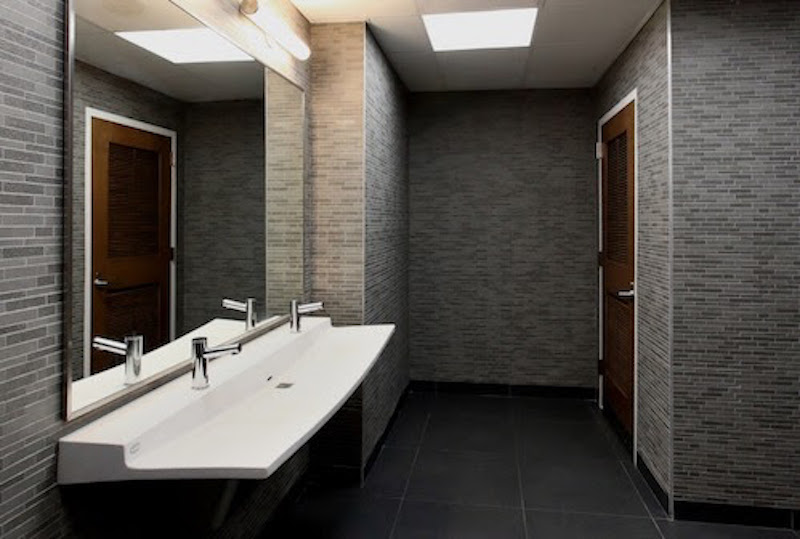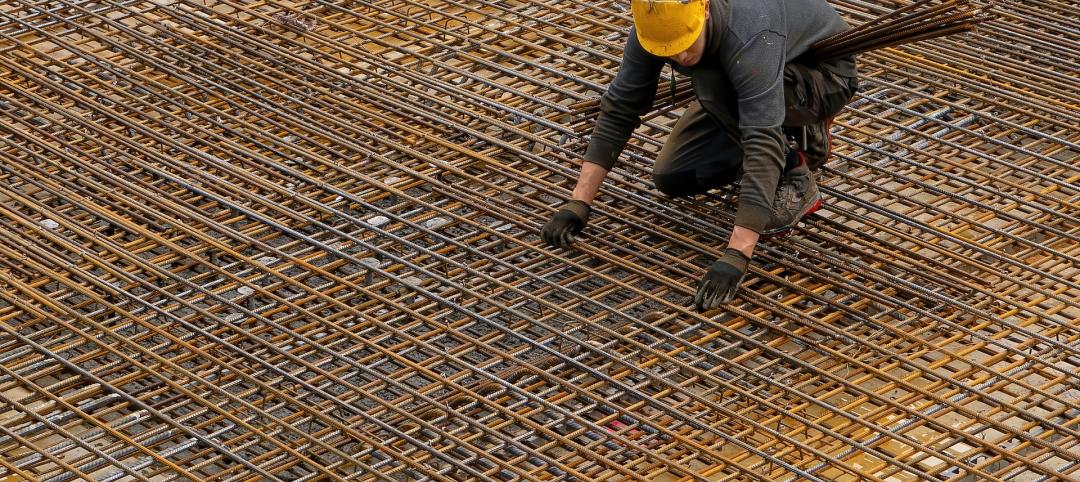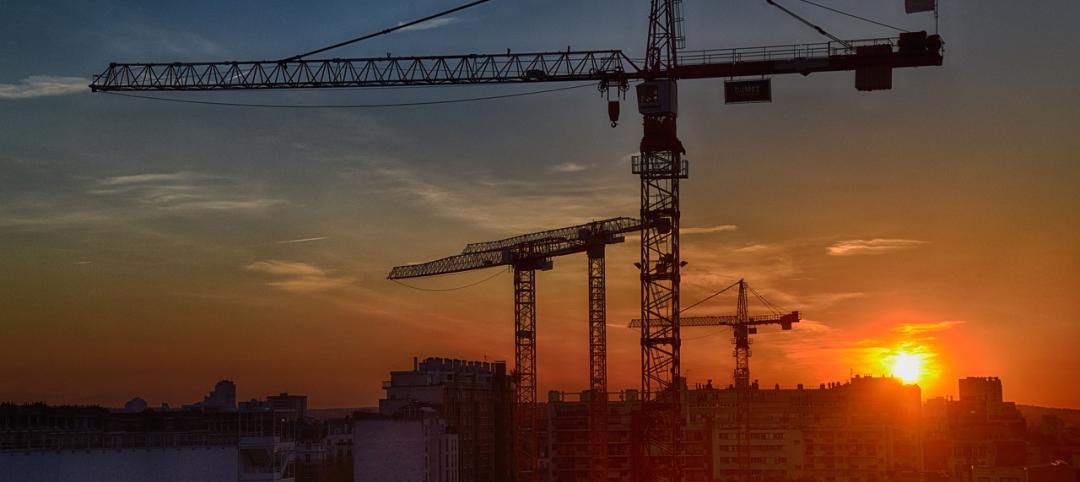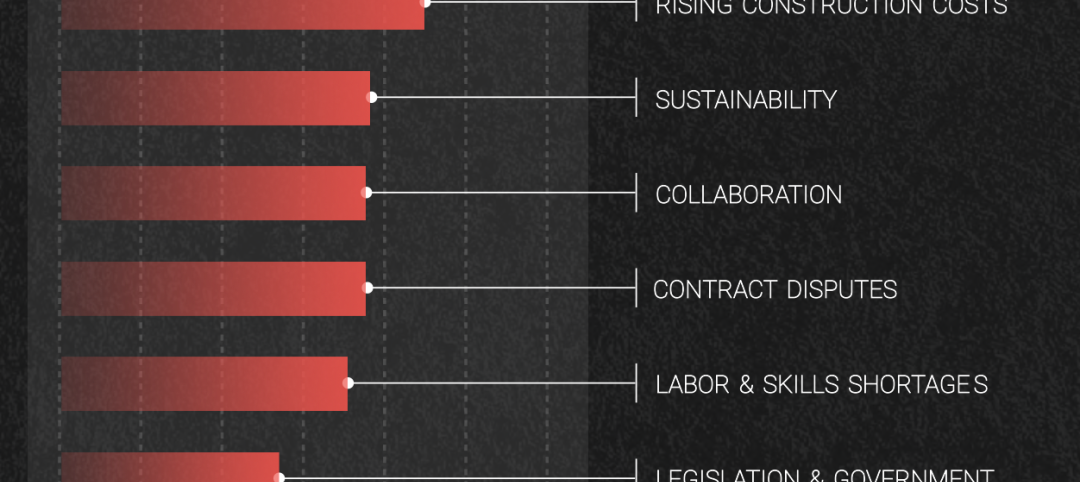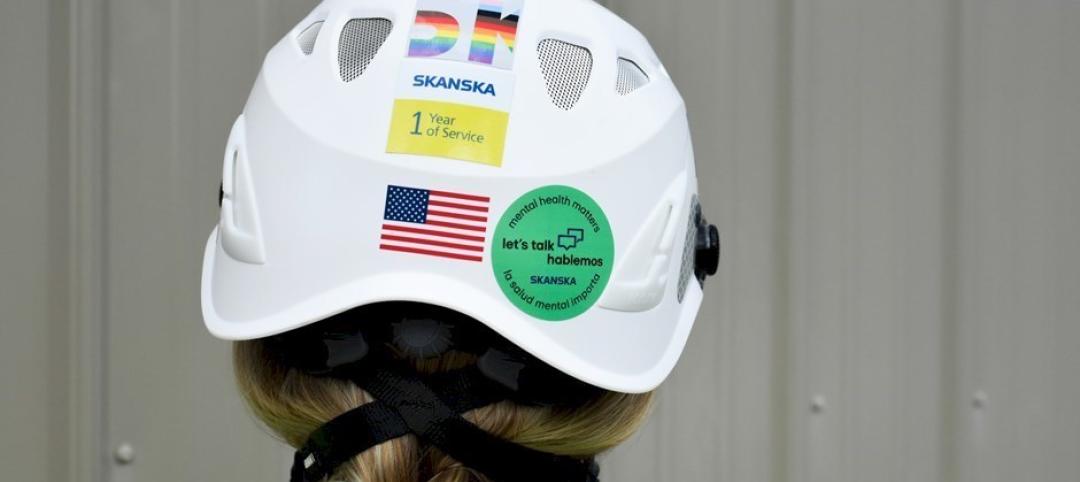A new survey shows how businesses ultimately pay a price for having unpleasant restroom conditions – and reap the rewards of providing good ones.
56% of American adults said they are unlikely to return to a business after experiencing unpleasant restrooms, according to the Healthy Hand Washing Survey by Bradley Corp. Other disheartened customers will complain to management, tell a friend, post a comment on social media or leave right away without completing their business.
Conversely, businesses that have pleasant, well-maintained restrooms can turn into customer magnets. 70% of Americans say they have made a conscious effort to select a specific business because it has restrooms that are cleaner and better maintained. That number is even higher for Millennials – 77% of respondents aged 18-34 say they’ve patronized certain businesses because they have cleaner restrooms.
“Depending on their condition, public restrooms can become significant business liabilities – or ringing endorsements,” said Jon Dommisse, director of global marketing and strategic development at Bradley Corp., a manufacturer of commercial washroom products. “Good restrooms clearly give businesses a competitive edge.
“For eight years our survey has shown how letting restroom maintenance slip through the cracks can have a substantial negative impact – ultimately lost business. Now, in contrast, we see that decent restrooms invite positive customer reinforcement and likely attract more sales.”
Moreover, expectations for a business’ restrooms are clearly tied to customers’ perceptions of the quality of the goods or services. According to the survey, 92% expect that a business that provides high quality products or services would also have restrooms that deliver a high quality experience.
Despite the high value that customers put on restroom conditions, the survey also uncovered an adverse trend showing that more businesses are at an increased risk for losing customers due to messy facilities. In 2017 almost 70% of Americans said they recall having an unpleasant restroom experience – that number was only 60% in 2015.
Dommisse said that keeping regular scheduled maintenance on the radar is essential, citing the following common restroom aggravations uncovered by the survey: empty or jammed toilet paper dispensers (mentioned by 93% of respondents); clogged or unflushed toilets (87%); stall doors that don’t latch (81%); bad smells (79%); and an overall appearance that’s old, dirty or unkempt (79%).
Further, Americans don’t like touching things in public restrooms and they use all sorts of techniques to avoid coming into contact with surfaces like relying on their foot to operate the toilet flusher, using a paper towel to grasp the door handle and hovering over the toilet seat.
When asked what restroom improvements they’d like to see, it’s not surprising that cleanliness topped the list. After that, Americans want touchless fixtures and better stocking of supplies, such as toilet paper, soap and paper towels.
The annual survey queried 1,042 American adults online Dec. 12-15, 2016 about their hand washing habits in public restrooms and concerns about germs, colds and the flu. Participants were from around the country, were 18 years and older, and were fairly evenly split between men and women (49 and 51 percent).
Related Stories
Market Data | Jul 24, 2023
Leading economists call for 2% increase in building construction spending in 2024
Following a 19.7% surge in spending for commercial, institutional, and industrial buildings in 2023, leading construction industry economists expect spending growth to come back to earth in 2024, according to the July 2023 AIA Consensus Construction Forecast Panel.
Codes and Standards | Jul 17, 2023
Outdated federal rainfall analysis impacting infrastructure projects, flood insurance
Severe rainstorms, sometimes described as “atmospheric rivers” or “torrential thunderstorms,” are making the concept of a “1-in-100-year flood event” obsolete, according to a report from First Street Foundation, an organization focused on weather risk research.
Multifamily Housing | Jul 13, 2023
Walkable neighborhoods encourage stronger sense of community
Adults who live in walkable neighborhoods are more likely to interact with their neighbors and have a stronger sense of community than people who live in car-dependent communities, according to a report by the Herbert Wertheim School of Public Health and Human Longevity Science at University of California San Diego.
Multifamily Housing | Jun 29, 2023
5 ways to rethink the future of multifamily development and design
The Gensler Research Institute’s investigation into the residential experience indicates a need for fresh perspectives on residential design and development, challenging norms, and raising the bar.
Apartments | Jun 27, 2023
Average U.S. apartment rent reached all-time high in May, at $1,716
Multifamily rents continued to increase through the first half of 2023, despite challenges for the sector and continuing economic uncertainty. But job growth has remained robust and new households keep forming, creating apartment demand and ongoing rent growth. The average U.S. apartment rent reached an all-time high of $1,716 in May.
Contractors | Jun 26, 2023
Most top U.S. contractors rarely deliver projects on time: new study
About 63% of leading U.S. contractors are delivering projects out of schedule, according to a survey of over 300 C-suite executives and owners in the construction industry by XYZ Reality. The study implies that the industry is struggling with significant backlogs due, in part, to avoidable defects, scan, and rework.
Industry Research | Jun 15, 2023
Exurbs and emerging suburbs having fastest population growth, says Cushman & Wakefield
Recently released county and metro-level population growth data by the U.S. Census Bureau shows that the fastest growing areas are found in exurbs and emerging suburbs.
Contractors | Jun 13, 2023
The average U.S. contractor has 8.9 months worth of construction work in the pipeline, as of May 2023
Associated Builders and Contractors reported that its Construction Backlog Indicator remained unchanged at 8.9 months in May, according to an ABC member survey conducted May 20 to June 7. The reading is 0.1 months lower than in May 2022. Backlog in the infrastructure category ticked up again and has now returned to May 2022 levels. On a regional basis, backlog increased in every region but the Northeast.
Industry Research | Jun 13, 2023
Two new surveys track how the construction industry, in the U.S. and globally, is navigating market disruption and volatility
The surveys, conducted by XYZ Reality and KPMG International, found greater willingness to embrace technology, workplace diversity, and ESG precepts.
| Jun 5, 2023
Communication is the key to AEC firms’ mental health programs and training
The core of recent awareness efforts—and their greatest challenge—is getting workers to come forward and share stories.


